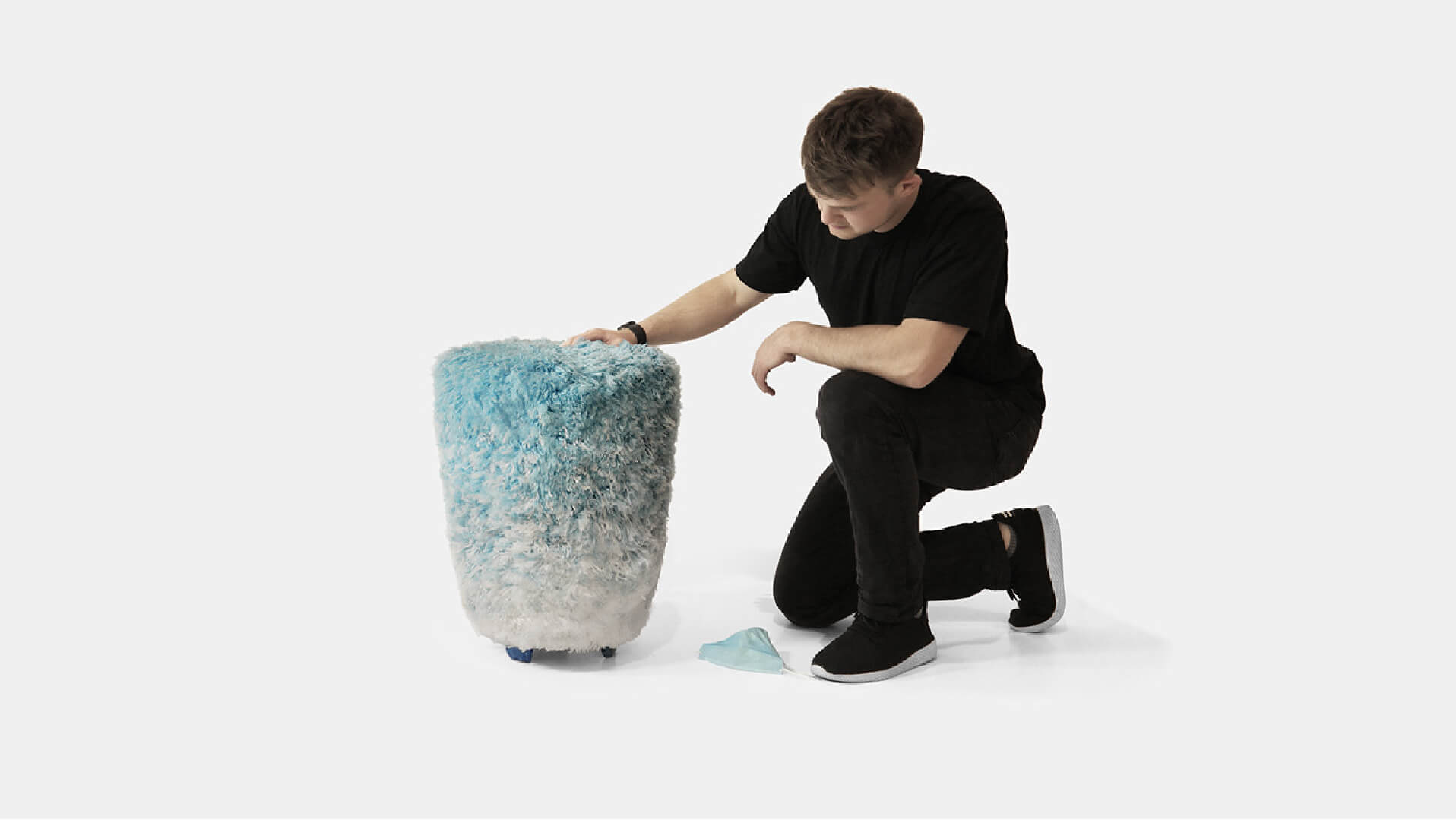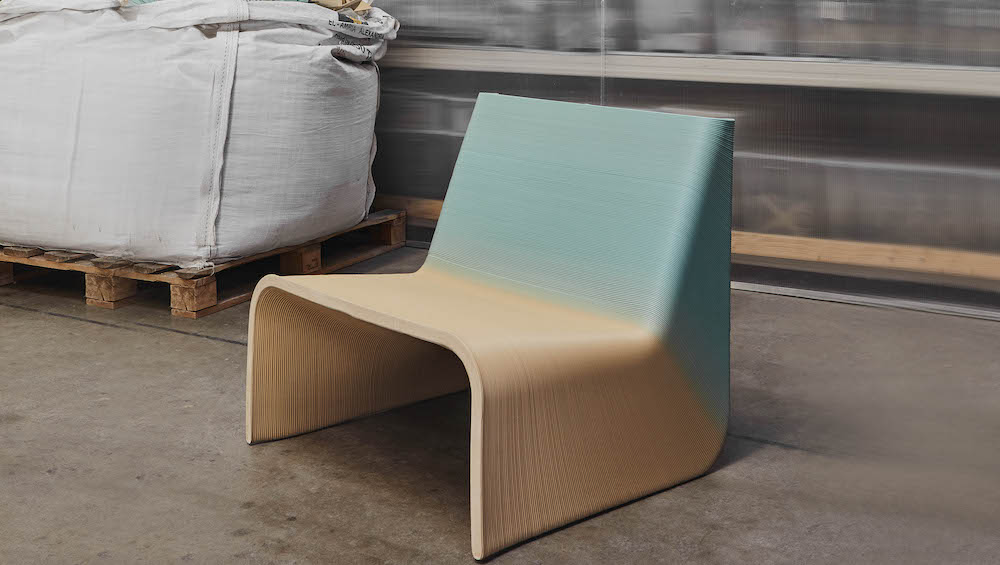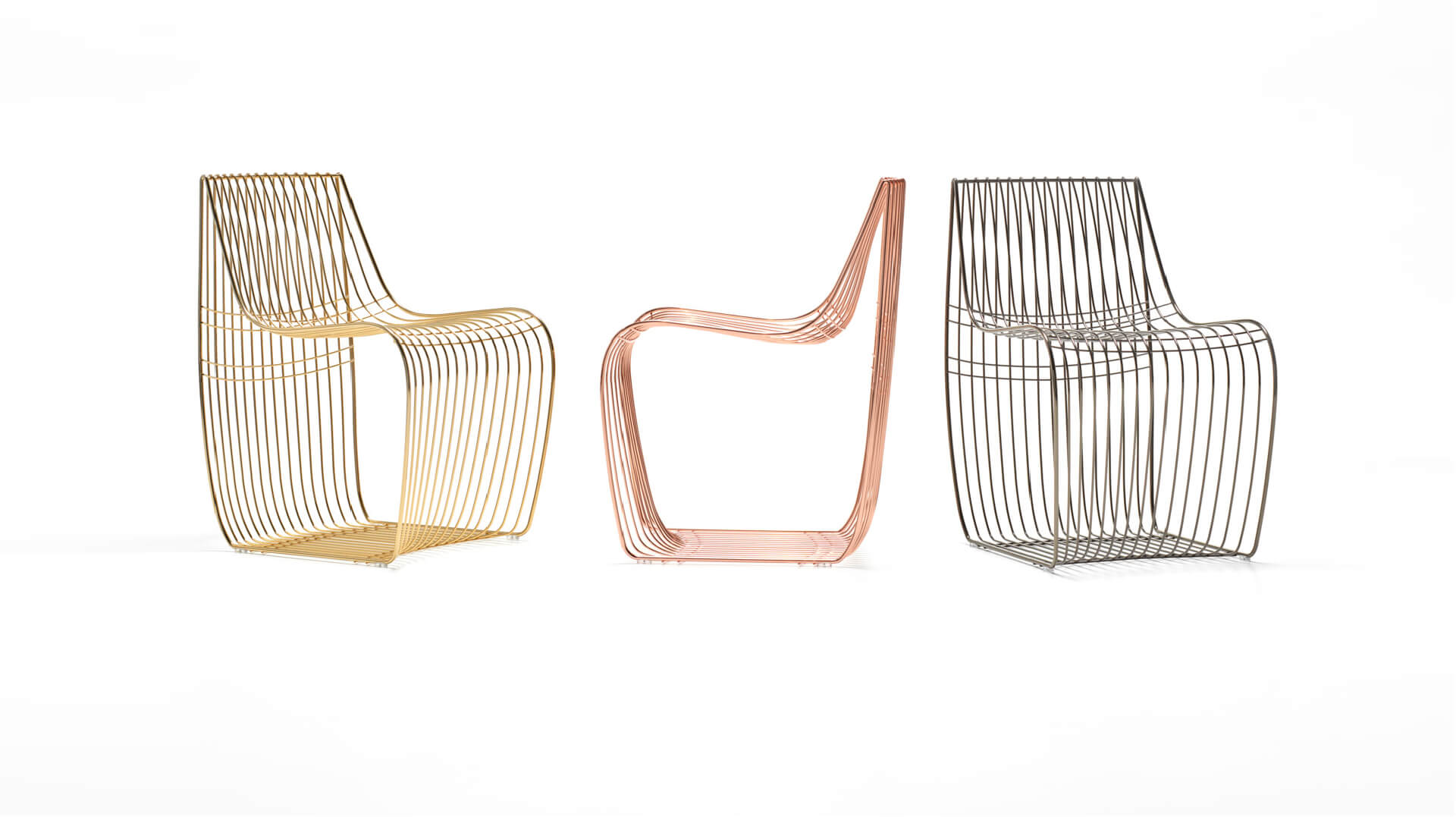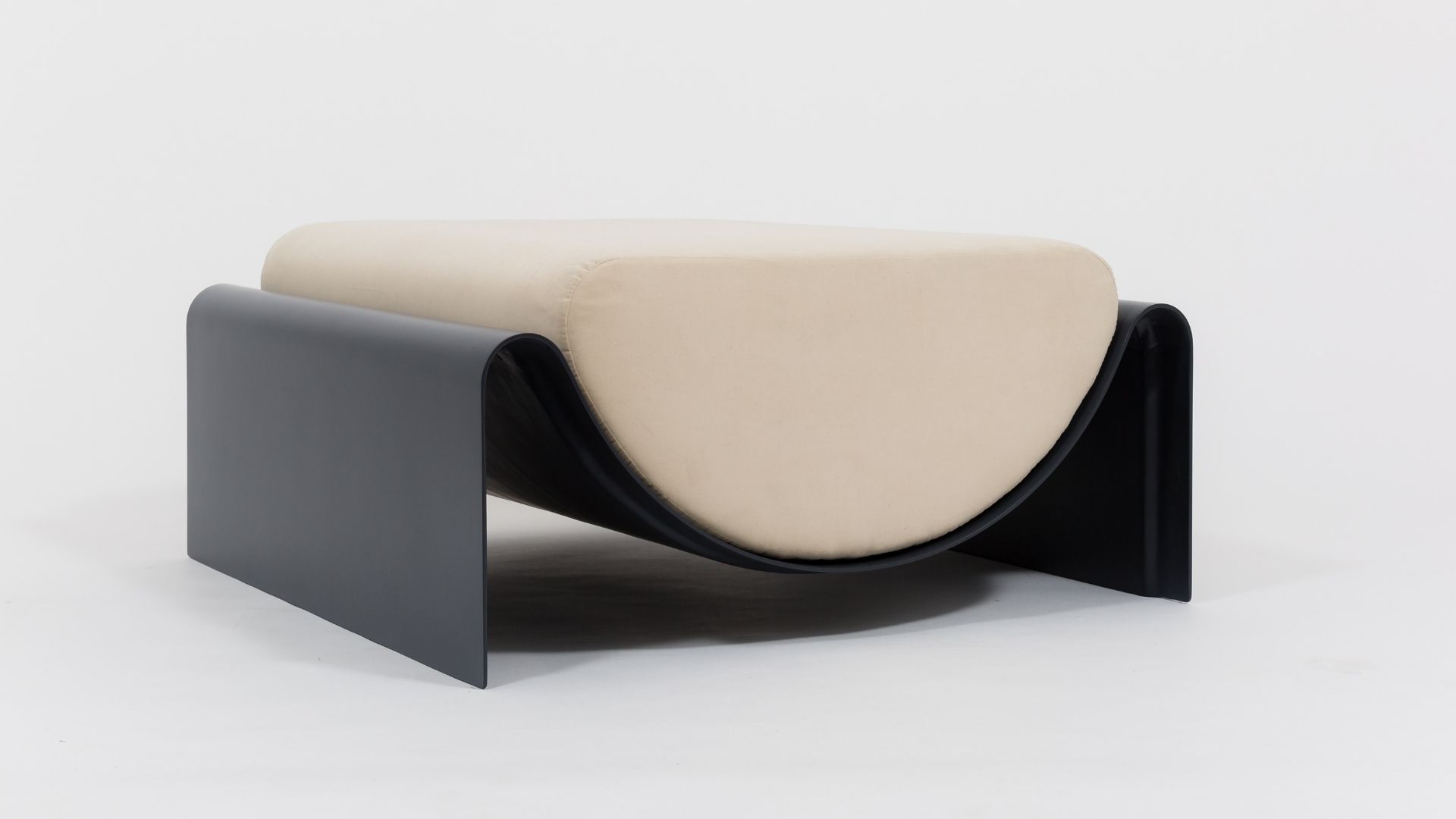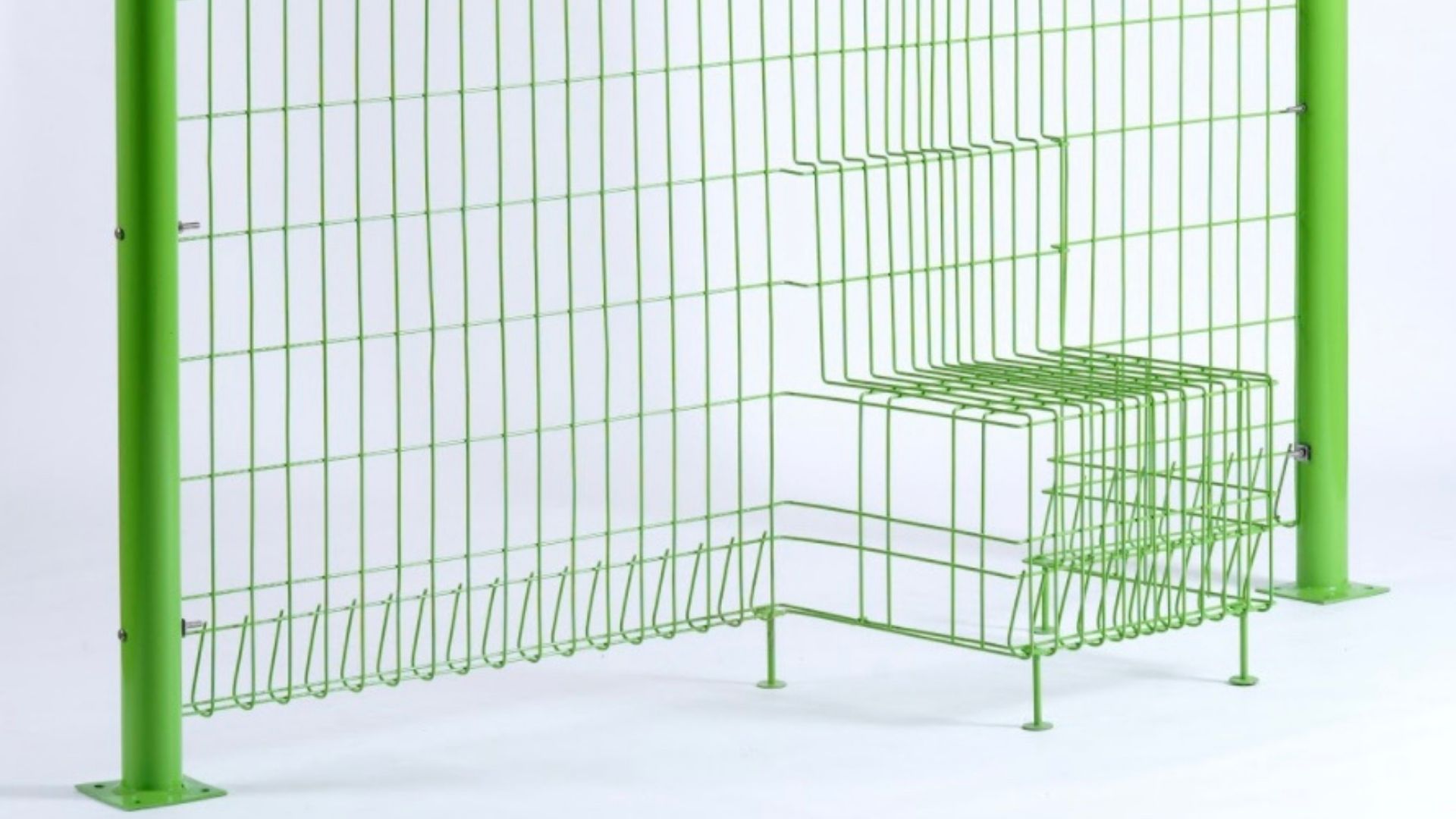What does it mean to be sustainable in the kitchen industry?
Doimo Cucine believes that the protection of the planet and of its inhabitants is a matter of design and production choices. Here is how a kitchen becomes greener and greener.

A bet on sustainability and care for people. This was the founding principle of Doimo Cucine in 1994. Three decades later the brand is still on the same path, with a deepening concern for the planet’s health and the men and women involved in their activities: from employees to end users. The process to create sustainable kitchen projects is not easy, but Doimo told us how they do it.
Gallery
Open full width
Open full width
Sustainable kitchen design – What does it mean?
A serious and soulful matter
Adopting a more intimate and human centered relationship with their clients, Doimo Cucine is declaring once again a narrative based on Italian tradition and on the will to be near the people who will be using their products.
The kitchen in Italy is a serious matter: it is the home center and it is becoming more and more the most important space of domestic life. This is true for the old generation and for new ones, who invest economic resources and creativity to mirror their individuality. The kitchen is the soul of a house and Doimo Cucine has decided to freely talk to this soul.
Supply chain and design as innovation drivers
What does it mean for a brand to deal with souls? It is a matter of choices, of course. The complex kitchen industry is very demanding in many different terms. First of all the production and the supply chain. An ordinary kitchen is composed of dozens of different elements and the market expectation is to be free to customise and choose from a very big range of finishes and materials.
According to Doimo Cucine standards, each kitchen is made to respond to individual choices, to the existing space and the end user’s tastes. This means that each industrial supplier is chosen between the ones who can certify and grant the best sustainability standards, along with quality and rigorous checking of their products. It is a supply chain based on trust and shared values, involving an entire production system.

Multiple international certifications and overtaking them
The design of each element is imperatively focused on searching for the best solutions in terms not only of trends and aesthetics but also of sustainability. This leads to innovative constructions of furniture carcasses, for example. The ones used for All-ArounD system shelves and structures are made with IdroLEB water resistant and FSC certified ecological panels.
The wood and cellulose originate in the utmost respect of the forests and the people working to maintain them. Talking about materials, Doimo Cucine chooses aluminium extrudes to produce the door’s frame of the All-ArounD Aspen collection, which is formed by four 45° connected elements as a structure for the external coating.
In this case, design and engineering competencies work together to manufacture a durable, recyclable and non polluting piece of furniture. A confirmation of the real engagement of the brand in the transition to a more ecologically driven production.

Last but not least: formaldehyde emissions
Formaldehyde emissions are one of the main issues in producing kitchens. Studies conducted by authoritative research show that the panel used by Doimo Cucine has formaldehyde emission values 70% lower than what is required by European legislation, and about 40% less, compared to what is prescribed by the already stringent American CARB TSCA regulation.
All these certifications stand as bare necessities when talking about human health, and their number and complexity contribute to the communication transparency of the brand. No green washing and no ambiguities are part of an integral attitude towards Doimo Cucine policies.








